Water Soluble Fertilizer
Allas : NPK Water soluble fertilizer
Grade Standard : agriculture
Purity : custom made
Cas No : 613-934-4
HS No : 3105200090
Einecs No: 613-934-4
MOQ : 20 tons (Sample free)
Payment Terms : T/T, L/C, cash(USD, EUR, RMB)
Trade Terms : FOB, CIF, EXW
Place of Origin : Hubei, China
Application : Agricultural fertilizer
Water-soluble fertilizers are liquid or solid fertilizers that are dissolved or diluted by water and used for irrigation and fertilization, page fertilization, soilless cultivation, soaking seeds and dipping roots.
According to the types of added medium and micronutrient elements, the macroelement water-soluble fertilizers are divided into medium element type and microelement type.
The macro elements refer to N, P2O5, K2O, the medium elements refer to calcium and magnesium, and the trace elements refer to copper, iron, manganese, zinc, boron, and molybdenum.
Huaqiang Chemical Group is a professional manufacturer of water-soluble fertilizers with diverse formulas and colors, and supports customization and OEM.
If you want to know the best fertilizer formulation(such as: npk 19 19 19, npk 20 20 20, etc) and fertilizer prices of crops, fruit trees and vegetables, please contact us : info@hq-chemical.com .
Quality Standard
| Test Items | Index |
| Primary nutrient ,% | ≥50.0 |
| Secondary element,% | ≥1.0 |
| Water insoluble matter,% | ≤5.0 |
| PH(1:250 times dilution) | 3.0-9.0 |
| Moisture(H2O),% | ≤3.0 |
| The product implementation standard is NY 1107-2010 | |
The double-layer packaging is adopted, the inner packaging is polyethylene plastic bag, the outer packaging is plastic woven bag, and the net content of each bag is 10KG, 25kg or 50kg.

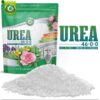
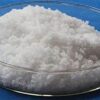




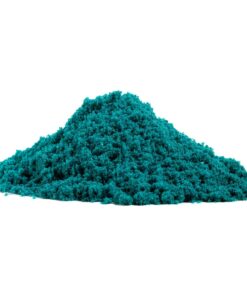

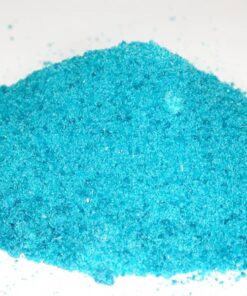
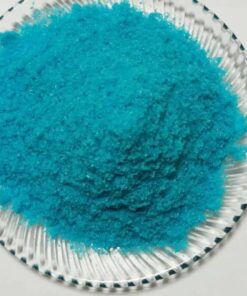
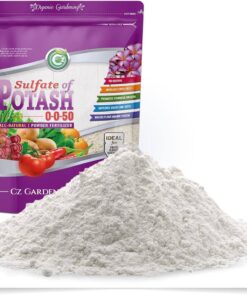
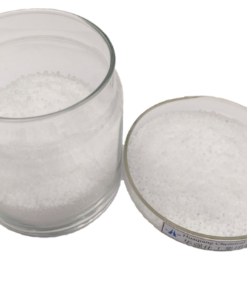
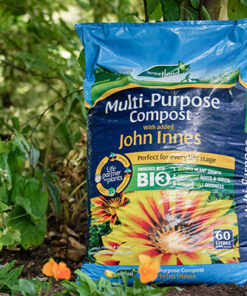
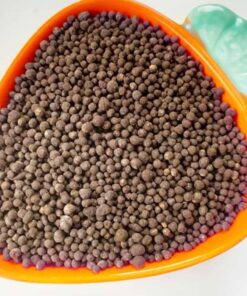
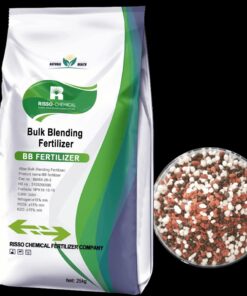
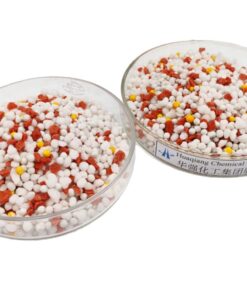
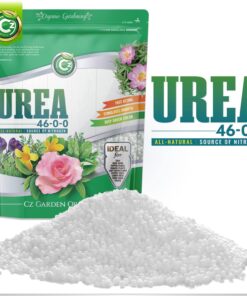
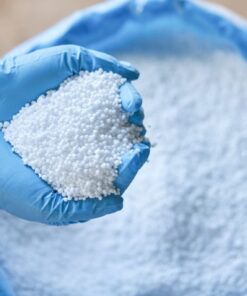



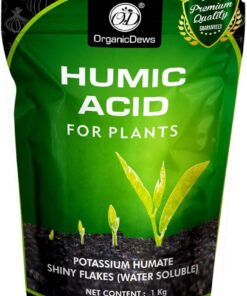

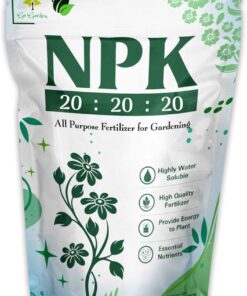
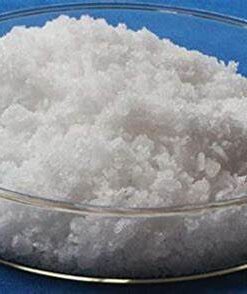
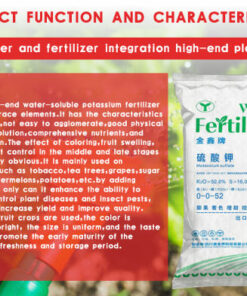

2 reviews for Water Soluble Fertilizer
There are no reviews yet.